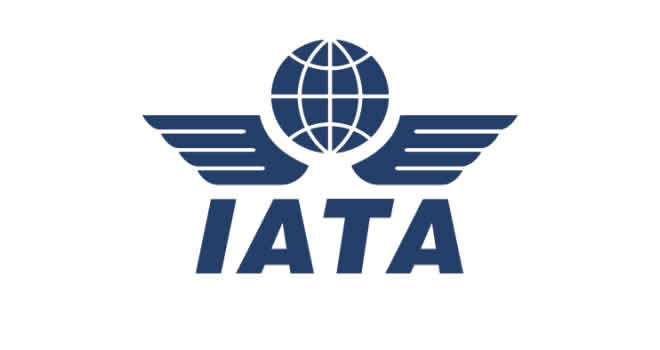[ad_1]

The total amount of foreign airlines’ trapped funds in Nigeria has risen to $8.12.2m, according to the latest figure by the International Air Transport Association on Sunday.
This is as the Switzerland-based trade association of world airlines sounded a warning about the rising levels of blocked funds, which represents a threat to airline connectivity in affected markets.
According to IATA, the industry’s blocked funds have shot up by 47% to $2.27 billion in April 2023, compared to $1.55 billion in April 2022.
This situation means that airlines are increasingly unable to repatriate their commercial revenues from the affected markets, thereby making it challenging for them to continue providing the critical connectivity that drives economic activity and job creation worldwide.
IATA’s Director-General, Willie Walsh, reiterated the point and urged governments to collaborate with industry players to address this unfolding crisis. In his words, “Airlines cannot continue to offer services in markets where they are unable to repatriate the revenues arising from their commercial activities in those markets. Governments need to work with industry to resolve this situation so airlines can continue to provide the connectivity that is vital to driving economic activity and job creation.”
Recent estimates by IATA reveal that the top five countries account for a whopping 68.0% of blocked funds, comprising Nigeria ($812.2 million), Bangladesh ($214.1 million), Algeria ($196.3 million), Pakistan ($188.2 million), and Lebanon ($141.2 million).
Against this backdrop, IATA has called on governments to ensure compliance with international agreements and treaty obligations that enable airlines to repatriate the funds arising from the sale of tickets, cargo space, and other activities. Failure to do that might further jeopardize the stability, profitability, and continuity of the aviation industry.
“Airlines cannot continue to offer services in markets where they are unable to repatriate the revenues arising from their commercial activities in those markets. Governments need to work with industry to resolve this situation so airlines can continue to provide the connectivity that is vital to driving economic activity and job creation,” said Willie Walsh, IATA’s Director General.
“IATA urged governments to abide by international agreements and treaty obligations to enable airlines to repatriate these funds arising from the sale of tickets, cargo space, and other activities.”
[ad_2]
Source link







